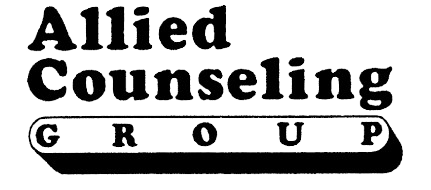EAP

Employee Assistance Programs (EAPs)
Employees and their household members may use EAP services to help them manage issues in their work and personal lives. EAP counselors typically provide assessment, support, and, if needed, referrals to additional resources. The issues for which EAP’s provide support vary, but examples include:
- Substance abuse
- Safe workplace environment
- Emotional issues
- Major life events, including births, deaths, accidents, layoffs
- Health issues
- Legal and financial concerns
- Family/personal relationship issues
- Work relationship issues
- Concerns about aging parents
- Work-Life Balance
- Workplace Interventions and Mediation
- Work-related Stress
EAP services are usually free to the employee and their household member, having been pre-paid by the employer. In most cases, an employer contracts with a third-party company to manage its EAP. Some of these companies rely upon other vendors or contracted employees for specialized services to supplement their own services, such as: financial advisors, attorneys, travel agents, elder/child care specialists, and the like. Sessions are not to be considered long-term therapy and are often limited from 3 to 8 sessions per year per employee or dependent or household member. Some EAP contracts allow the employee to remain a client of the EAP counselor, but some require the employee to be referred to another provider after utilizing the EAP benefit. Clients are never billed for EAP services at Allied Counseling Group; however, missing an initial or subsequent appointment may require closing of the EAP case.
Confidentiality is maintained in accordance with privacy laws and ethical standards.

